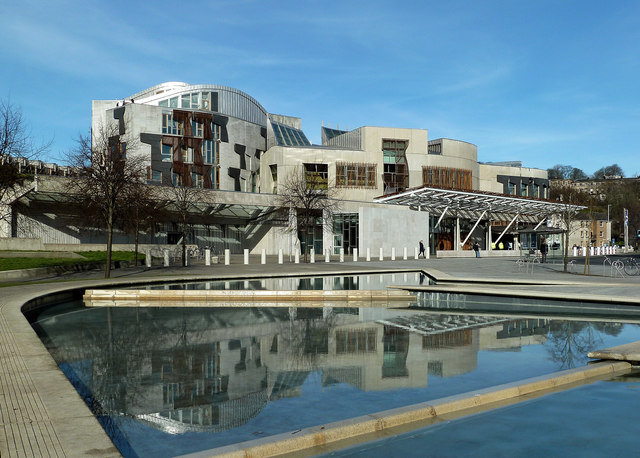Scottish Budget: Five revenue raising recommendations
Five key revenue raising measures to address this fiscal gap and avoid cuts to public services
By Miriam Brett
18 December 2023

By Miriam Brett
18 December 2023
From the profound economic disruption brought about by Covid-19 and stubbornly high inflation pressures, to the lack of real wage growth and the step-change in investment required to tackle climate and environmental breakdown, Scotland’s economy faces a series of stark, intertwined challenges. Yet at precisely the moment we need to ramp up spending and investment required to address these crises, Scotland faces an acutely difficult fiscal predicament.
Scotland’s budget has come under increasing strain. In May, the Medium Term Financial Strategy was published, projecting that resource spending requirements could outstrip central funding projections available by 2% (£1 billion) in 2024- 25, increasing to 4% (£1.9 billion) in 2027-28.
The predicament for the Scottish Government’s capital budget is similarly daunting, posing a threat to investment in long-term assets such as infrastructure and hospitals. The Medium Term Financial Strategy projected that total capital funding (excluding financial transactions) is predicted to fall by approximately 7% in real terms between 2023-24 and 2027-28. This means that the trajectory of capital spending is more than the capital funding available, with an estimated 16% gap in 2025-26.
There have been some positive recent developments, such as the long-awaited updated fiscal framework containing measures - like new borrowing powers - that can contribute to alleviating fiscal pressures in the longer-term. Further, Scottish income tax revenues have increased following recent changes. However, the UK Government’s Autumn Statement provided very little in the way of breathing space for the Scottish Budget, and the outlook is now exceptionally challenging.
Given that the Scottish Government has to present a balanced budget, it is unable to run a fiscal deficit or borrow beyond the limits set out in the fiscal framework. In recent years the Scottish Government has utilised devolved tax powers to increase public revenue, most notably through income tax changes. It is increasingly clear, however, that the Finance Secretary will need to take additional steps to address this fiscal gap and avoid cuts to public services. This should entail carefully designing policy measures to deliver economic and climate justice, in line with the Scottish Government’s stated objectives.
The Scottish Government must introduce bold and ambitious changes to raise revenue. We therefore recommend that the Budget includes the following five key revenue raising measures:
Overhaul Council Tax
First, the distributional consequences of freezing council tax will disproportionately benefit wealthier people. The Scottish Government should enact a long overdue overhaul of council tax, and replace it with a progressive property tax based on up-to-date property values, with a higher surcharge for second homes.
Lay the groundwork for a Land Value Tax
Second, we call on the Scottish Government to take the necessary steps during this parliamentary term to lay the groundwork for implementing a land value tax, including addressing the data gaps.
Reform LBTT
Third, we recommend the rate of LBTT on non-residential transactions be equalised with that paid on residential transactions, and for a surcharge to be introduced on land holdings over a certain scale threshold (operating on a similar principle to the additional dwelling supplement for residential transactions).
Introduce a local wealth tax
Fourth, the Scottish Government should examine options for introducing a local wealth tax that would be levied on households with more than £1m of wealth, as the First Minister expressed support for during the leadership campaign.
Create a Frequent Flyer Tax
Fifth, introducing a frequent flyer tax can curb emissions and address carbon inequality. Our research shows that the richest households consume 11 times more carbon from aviation than the poorest households. The Finance Secretary must show she has both the courage to make polluters pay, and ensure the costs of decarbonisation are shared in a way that’s fair and just.